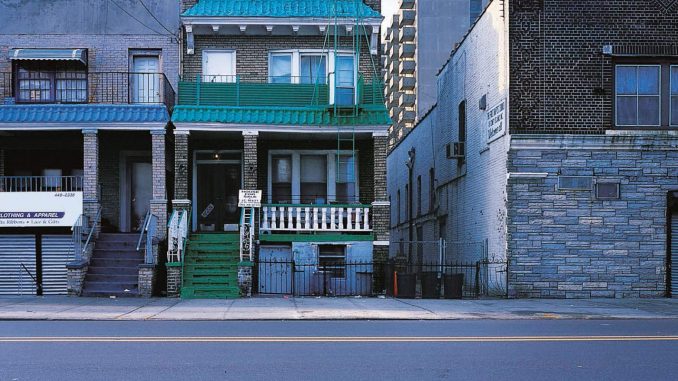
Last week’s Chain Gang used Folkway Records to serve as a link to Nancy Dupree from Lucinda Williams, so I thought I might make use of the same common factor in a slightly more roundabout way. Folkway Records were one of the great chroniclers of American Folk Music and are often credited with being a major influence on the American Folk Music revival that began in the 1940s and peaked in the 60s, with the arrival of the likes of Pete Seeger, Joan Baez and, of course, Bob Dylan. Folkways were early supporters of Woody Guthrie and, in 1964, they put out the first vinyl version of his seminal work, “Dust Bowl Ballads”. It had, originally, been released on Victor Records in 1940, but that release was on 78rpm shellac discs. It was the Folkways vinyl re-issue, at the height of the Folk music revival, that re-kindled interest in Guthrie and that great set of songs. Guthrie was, of course, known for his social activism and the way that his songs reflected his views on the struggle of the working man. Guthrie was a far more prolific writer than recorder and, when he passed away in 1967, he left behind over a thousand sets of lyrics that had never been recorded or even set to music, as far as anyone was aware. Guthrie didn’t write music, so his melodies were made up on the road to support his lyrics of social protest. Outside of his recordings, no musical record of his songs existed. As the director of the Woody Guthrie Foundation and Archives, Woody’s daughter, Nora, felt that those unrecorded songs needed to be heard and, a little controversially, turned to British folk musician and activist Billy Bragg to take on the job. This was controversial because many felt that it was a job that should’ve been handled by an American musician. Dylan is on record as having gone in search of the unrecorded lyrics following a death bed request by Guthrie, but was unable to find them. Nora Guthrie felt that the lyrics needed to be musically interpreted by a contemporary musician, and one with a social conscience and appreciation of Guthrie’s work and political views, so that they could be better appreciated by a younger audience. It was a gamble that paid off, with the resulting “Mermaid Avenue” album being critically acclaimed on its release in 1998, and being commercially successful enough to see a second volume recorded two years later.
Bragg had the sense to realise that, in setting these lyrics to music, he would need to work with musicians who had a more “American” perception of the folk tradition and he recruited the band Wilco to the cause, who would back him on the recordings but, more importantly, would work with him to compose the music for these lyrics. For me, this is one of the great Americana records of that period and it perfectly achieves what Nora Guthrie wanted – to bring Woody’s lyrics into a contemporary setting and introduce a great songwriter to a new audience. This track is a personal favourite and you could see why Bragg chose to include it on the album. Woody’s views often echo the Bard of Barking’s own political sentiments –
“But men that go riding
To help these poor workers
The rich will cut down
Like an unwelcome guest”


